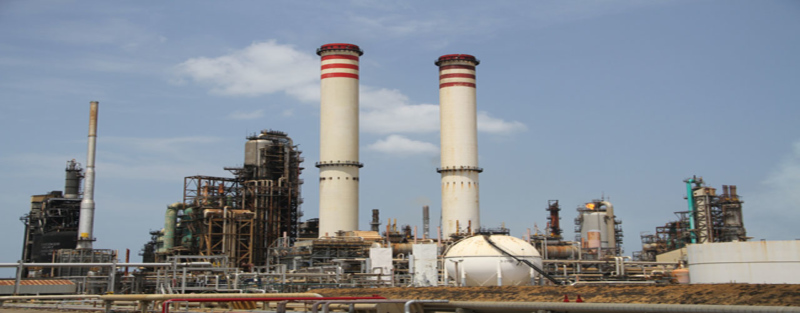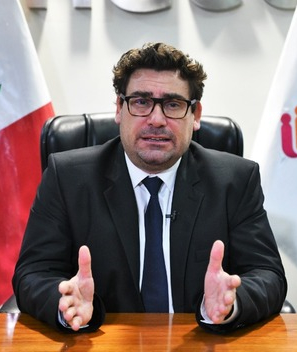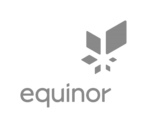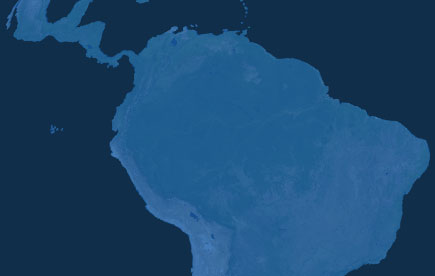Latin America Advisor
Energy Advisor
A Publication of The Dialogue
Will Iran-Venezuela Energy Deals Lead To More Oil Output?
 Iran has promised to help the Maduro government repair PDVSA’s oil refineries as part of a package of energy agreements between the two U.S.-sanctioned countries. Venezuela’s Amuay refinery complex, located on the Paraguaná Peninsula, is pictured. // File Photo: PDVSA.
Iran has promised to help the Maduro government repair PDVSA’s oil refineries as part of a package of energy agreements between the two U.S.-sanctioned countries. Venezuela’s Amuay refinery complex, located on the Paraguaná Peninsula, is pictured. // File Photo: PDVSA.
An Iranian delegation led by Oil Minister Javad Owji recently met with President Nicolás Maduro and other high-ranking Venezuelan officials in Caracas to discuss closer energy cooperation and measures to get around sanctions the United States has imposed on both countries. The meeting came just ahead of reports that Venezuela’s oil exports dropped 8 percent in April as compared to March. What were the most important agreements to come out of the talks, and what do the discussions mean for Venezuela’s oil sector? How much will Venezuela be able to increase production and take advantage of relatively high global prices for oil, and will more countries be willing to buy Venezuela’s oil in the period ahead as a result? Is Venezuela finding new ways to skirt U.S. economic sanctions?
-
Gustavo Coronel, a founding board member of PDVSA: “In Venezuela, there is a popular saying: ‘Los mochos se juntan para rascarse.’ That is, ‘The one-armed get together to scratch each other.’ This is the case with the Iran-Venezuela connection, since both countries are under sanctions and restricted from getting their oil to market. Since both countries have authoritarian governments and share a deep anti-U.S. sentiment, their cooperation is logical. Iran has been providing Venezuela with assistance in the refining process, so far with only modest success, and it has been delivering light oil to Venezuela to mix with its heavy Orinoco oil. Maduro pays for this support with illegally exploited gold, with a heavy cost in terms of environmental degradation and human rights violations. While Iranian support helps to keep the Venezuelan oil industry from imploding, the fundamental problems remain unresolved: Corrupt and incompetent management, a lack of capital investment for new equipment, poor maintenance of existing equipment, a demoralized workforce and…”
Read More
Top News
Petrobras Sells $1 Bn Worth of Onshore Assets

Peru Sues Repsol for $4.5 Bn Over January Oil Spill
Complete editions of the Energy Advisor are delivered weekly to members of the Dialogue's Corporate Program and other subscribers. Sign up below for a free complimentary preview subscription.
About the Energy Advisor
A sister publication of the Inter-American Dialogue’s daily Latin America Advisor, the weekly Energy Advisor captures fresh analysis from business leaders and government officials on the most important developments in oil and gas, biofuels, the power sector, renewables, new technologies, and the policy debates shaping the future of energy in the Western Hemisphere and beyond. To subscribe or for more information, contact Erik Brand, publisher of the Advisor, at ebrand@thedialogue.org.
Subscribers See all














Staff
Erik Brand
Publisher
P. 202.463.2932
E. ebrand@thedialogue.org
Gene Kuleta
Editor
P. 202.463.2920
E. gkuleta@thedialogue.org
Leticia Chacón
Reporter
E. lchacon@thedialogue.org
Mark Kennedy
Reporter
E. mkennedy@thedialogue.org





















